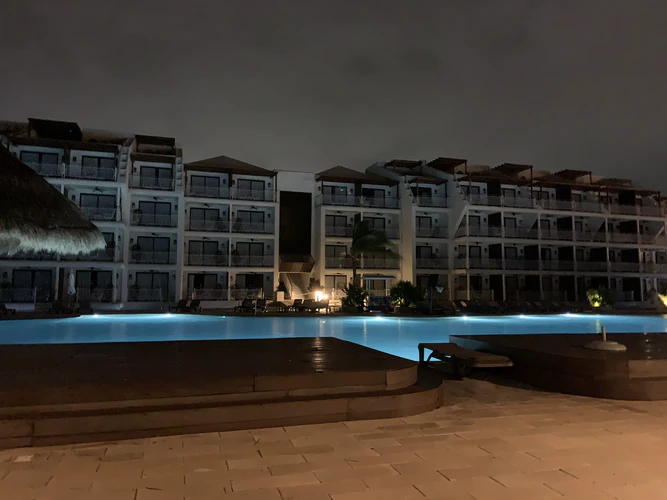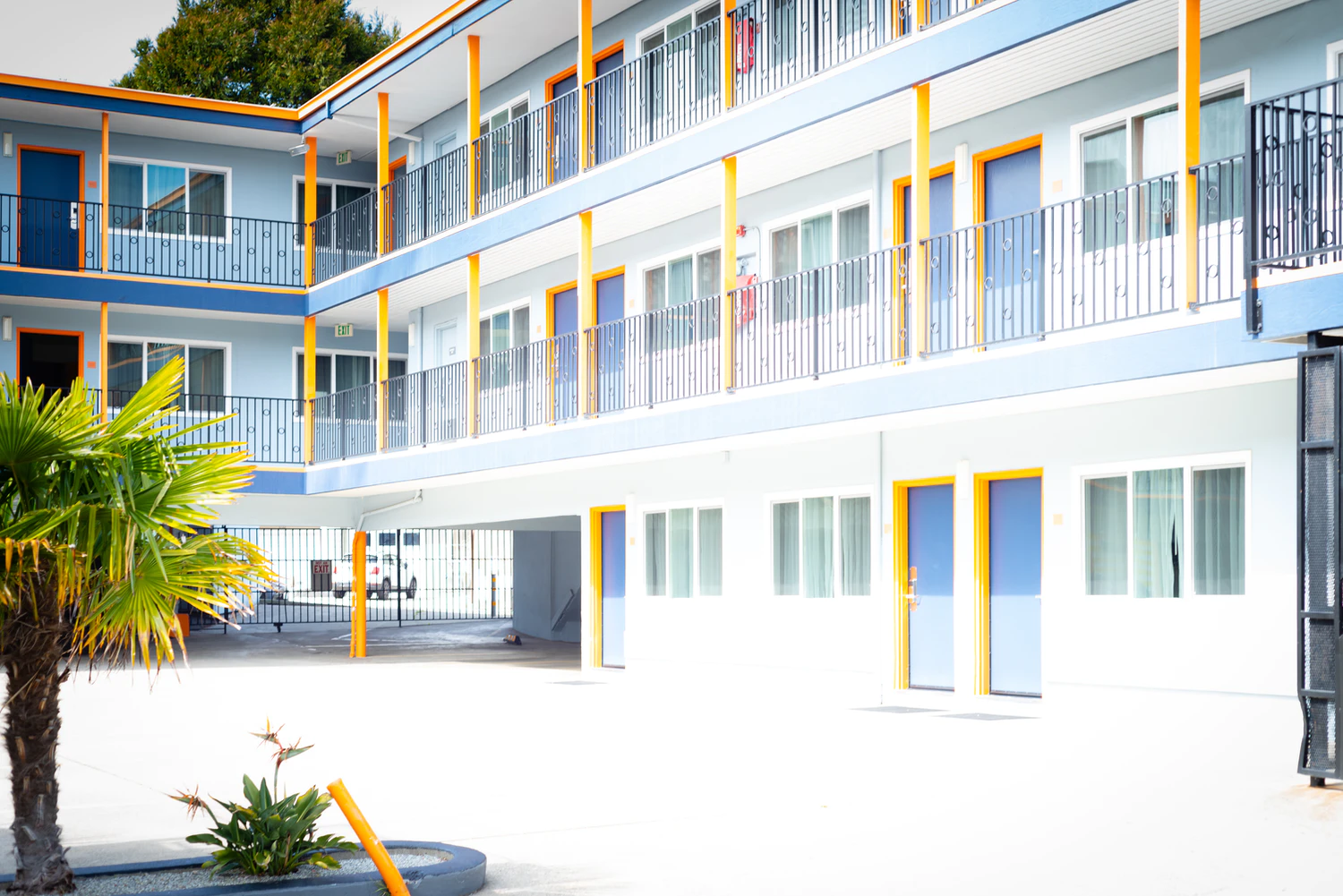Surviving the Hospitality Crisis: How Hotels Can Increase Their Bookings After COVID-19
At a time when lockdowns, community quarantines, and stay-at-home measures are being put in place because of COVID-19, industries have received the brunt of the repercussions in their revenue stream. Among the hardest-hit? The hospitality industry.
Hotel stays have, to no one’s surprise, significantly witnessed many no-shows over the recent months. In the past year alone, guests would pour in to celebrate family occasions, holiday trips, travel for business and leisure, or simply gather for a movie night and drinks. Nowadays, this isn’t the case anymore.
People have become more vigilant with regards to exposing themselves and their loved ones to public places. Meeting spaces are no longer being booked in hotels, because mass congregations, irrespective of the number of individuals present, are strongly discouraged.
Room cancellations have been on the rise as businesses struggle to stay afloat. How long should hotels wait until after the crisis subsides for them to see a return to the status quo? What methods can they help implement in order to help increase bookings after the COVID-19 restrictions are over?
The state of the hotel industry during the pandemic
In the United States alone, hotel occupancy rates have plunged to 32% as of March 2020, and continue to dip as the weeks pass by. Analysts predict that this rate could very well hit the 20% mark in the coming months.
Today, it is reported that the U.S. has a total of 7.58 million COVID-19 cases and counting. Though some states have eased their restrictions on lockdowns and homestay protocols, thus far, hotels still aren’t seeing booking rates of time prior to 2020.
With fear of the virus spreading in the collective, large-chain hotels like the MGM Grand, Mandalay Bay, and The Bellagio, to name a few, have temporarily shut their doors to guests.
In fact, there’s a reported 6.5 million job loss cases this year due to the response to the pandemic, and mostly across the hospitality and service industries. That alone is telling of how hotels are suffering in this pandemic. Costs had to be cut for practical and obvious reasons that business simply isn’t running as it used to. Cash flows in with guests, and when there aren’t guests checking in, revenue stops.
Indeed, the question remains: How can we increase hotel bookings after COVID-19?
How to increase hotel bookings after COVID-19
Bernstein’s analysts have stated that 2020 is a bleak year for hospitality, yet they expect a “near complete bounceback” by 2021. And, we’re only months away from adjusting our calendars. They added that the hotel industry has always been resilient in spite of adversity, and that they foresee the same (if not stronger) resilience projected for next year.
Through the standard hotel benchmarking tool, data analysis reveals that people are beginning to search for hotel availability. Only, they’re still a little apprehensive about making actual bookings.
So then, how do we aim for conversion in hospitality management? Below are verified tips from experts in the industry on how you can alter and upgrade your hotel management approach and customize it to fit new customer needs in the light of COVID-19.
Level up your marketing campaigns
The word to anchor your marketing campaign on is “remarket.” Remember that before reaching your hotel page, potential guests have most likely gone through a hundred others. Standing out will definitely work to your advantage.
Online bookings are faced with a 75% abandonment rate. This number is definitely staggering. However, the real and vital issue here is how to increase hotel bookings after COVID-19 and reverse results. This can be done through a more engaging display of ads, a user-friendly searching and booking experience, and going the extra mile with incentives and deals when customers choose to book with you.
Reassure your guests about their safety
This factor is another major make-or-break for your business. Guests want to be assured, and feel assured, that you are doing everything you can to disinfect and sanitize rooms, utilities, and the rest of the facilities in the hotel.
Celebrated chains like the Marriott and the Hilton have been amazingly transparent with how they conduct their sanitation techniques, and how often they execute them during the day. It will be beneficial to follow suit. Show your guests how much you care for their safety!
Maintain your rates as much as possible
You might think that dropping your rates is what will entice guests to make bookings, but the opposite is what hospitality experts recommend. It’s important to bear in mind that sudden rate reductions won’t be healthy for the industry as a whole, especially since a bounceback is already being anticipated.
Should you proceed with this, you’ll find it even more difficult to restore rates back to the norm. You might end up having no choice but to maintain those low rates when the markets stabilize once again. And that wouldn’t be beneficial for future profit, of course.
Hence, stick to your original rates and amplify other parts of your business model and hotel recovery strategy instead.
Provide flexible booking policies
Currently, there is no 100% protection from COVID-19. This presupposes that the possibility of sudden lockdowns can happen without warning. That’s the reality of the pandemic’s impact on the hotel industry.
Because this is the case and times are uncertain, people want flexibility with their room reservations. To adhere to these needs, provide your customers with said flexibility or cancellation options in case emergencies arise. This is key to rebuilding confidence in online booking.
Remember, don’t let your potential customers be anxious about losing deposits (whether partial or in-full) once they hit that “Book Now” button. On the same note, utilize this as your strategy in increasing visibility. Let booking flexibility be your invite.
Focus on domestic and local markets
Never underestimate the power of domestic and local markets. Surveys indicate that a majority of potential bookers browse through local websites and channels first before checking elsewhere.
International travel restrictions are among the causes of the sudden domestic market surge. This trend will likely continue beyond the pandemic. Trust in-country ads and push for packages for whenever guests stay local!
How the right digital strategy can help
Foremost, update your hospitality marketing approach. Now more than ever, diversify the way you strategize your advertising campaigns. Social media, travel platforms, and search engines aren’t your only media for online presence.
Web analytics is the name of the game, and you should play wisely. Understand where potential guests are searching, and where they’re booking on the internet.
Moreover, it may be time to hire a new digital marketing agency, preferably a team that can increase your traffic by utilizing the newest advancements in SEO. Ardor SEO is among the leading companies that can help you steer your online marketing presence into lead conversion.
To grow your traffic in hotel digital marketing, you should try hotel SEO services. It’s the easiest way of getting more bookings at a time such as this.
Preparing your website to attract guests during the initial rise of demand after the pandemic
Finally, evaluate your website, and take note of what you can improve to heighten user-experience. Everyone chooses an online platform to do research, and the overall aesthetic and usability of a website can either easily attract or turn the seeker away. Conduct a website overhaul to achieve this.
The bottomline
We have to be prepared for anything, especially given that the implications of COVID-19 seem irreversible. Having said that, be ready and be hopeful for what’s to come. The hospitality industry has been through a turmoil before, and it has emerged strong. And it’ll continue to stand strong as we watch the new normal take shape. With these booking tips, you can achieve a surge in hotel revenue sooner than you imagine!



